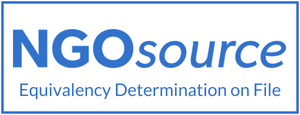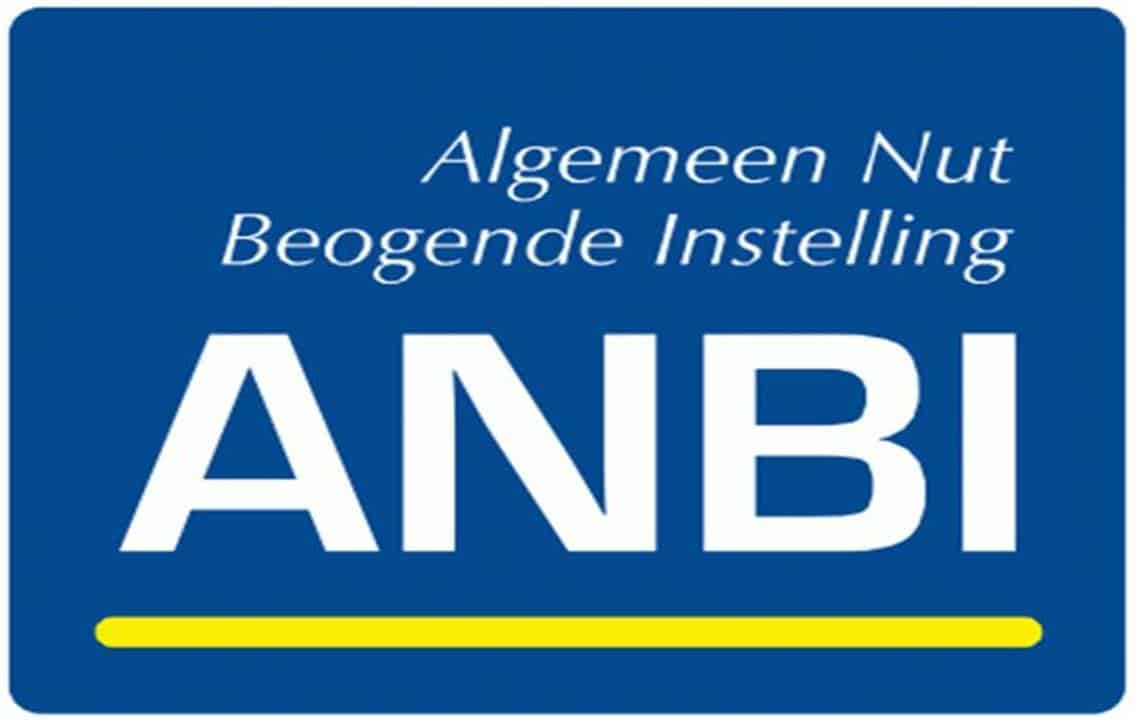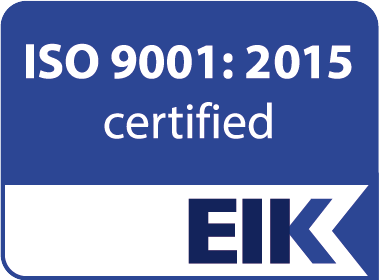Loosduinen
 Post the social mapping of this area in The Hague, ideas are now being solicited from those living there on ways of improving community resilience and the livability of the area. Watch the video of a meeting discussing ideas here. And to apply for funding to implement your idea for the neighbourhood, go here. The deadline for applications is Friday, 15 December 2017.
Post the social mapping of this area in The Hague, ideas are now being solicited from those living there on ways of improving community resilience and the livability of the area. Watch the video of a meeting discussing ideas here. And to apply for funding to implement your idea for the neighbourhood, go here. The deadline for applications is Friday, 15 December 2017.
——————————————
Mali
 HSC facilitated a series of workshops with and for local partners on Sept 28, 29 and Oct 4, 5 in Bamako, Mali as part of the project ‘A Human Security Approach to Address the Root Causes of Conflict and Violence in Mali’. The sessions focussed on:
HSC facilitated a series of workshops with and for local partners on Sept 28, 29 and Oct 4, 5 in Bamako, Mali as part of the project ‘A Human Security Approach to Address the Root Causes of Conflict and Violence in Mali’. The sessions focussed on:
- -Preventing/Countering Violent Extremism (P/CVE)
- –Human Security
- –Youth Leadership
- –Engagement Strategies
- –Governance
A second series of workshops/meetings were conducted in the middle of November in six communes in Bamako district, in collaboration with ARGA as well as the mayor of the communes. These were on:
- –Governance leading to the Prevention and Countering of Violent Extremism
- -Multistakeholder Engagement in Governance leading to Peace Building
- –Lobby and Advocacy
-
A proposal for building a national strategic P/CVE action plan was also discussed.
HSC also facilitated a workshop on inter/intra religious dialogue with youth networks at the G5 Sahel country/level between November 17 and November 20, with the participation of the ministers of reconciliation and youth. Working groups of G5 youth networks defined action plans for themselves for the forthcoming years (2018-2020)
For more on the project, go here.
Tunisia and The Netherlands
We have a new partner in Tunisia working on the ‘Building Youth Resilience in Tunisia and The Netherlands’ project. This is the Arab Institute for Human Rights (AIHR), based in Tunis, and they will continue the work already taking place in the project of mentoring youth to build resilient communities. HSC has helped facilitate workshops on the Human Security approach as well as on Preventing Violent Extremism and Human Rights with the AIHR mentors.
An exchange between the youth leaders/mentors in Delft and the mentors in Tunisia is planned for December 2017 in Tunis. This is following on from the earlier successful weeklong exchange programme for mentors that took place in The Netherlands (Delft/The Hague/Amsterdam) in July 2016 (see here).
——————————————————
Financial Action Task Force (FATF)
Indonesia: HSC facilitated the setting up of a civil society working group on FATF in Indonesia after two days of workshops on FATF and the FATF evaluation process in Bogor. Twelve organizations have formed a core group and plan to reach out via their members/networks to civil society in at-risk areas. The structure is loose and based on common goals of:
1) engaging with the Indonesian Financial Intelligence Unit (FIU) ahead of the FATF onsite visit
2) developing the group as a hub/resource for civil society and issues of countering the financing of terrorism (CFT) and preventing violent extremism (PVE) that intersect with civil society freedoms.
United States: This case study summarizes the experience of the Charity & Security Network (C&SN), a diverse network of nonprofit organizations (NPOs) in the United States that sought to provide input on US anti-terrorist financing laws to the Financial Action Task Force (FATF) during its mutual evaluation of the US. The evaluation took place between early 2015 and December 2016, spanning a period of significant changes in FATF’s recommendation and guidance relative to NPOs. After describing C&SN’s efforts and assessing the experience, this paper makes several recommendations for FATF and NPOs to consider for future evaluations.
Risk Assessments:
 Austrac, the Australian Financial Intelligence Unit, has published a regional risk assessment, examining terrorism financing (TF) risks facing non-profit organizations (NPOs) in Australia, New Zealand and South-East Asian countries.
Austrac, the Australian Financial Intelligence Unit, has published a regional risk assessment, examining terrorism financing (TF) risks facing non-profit organizations (NPOs) in Australia, New Zealand and South-East Asian countries.
UK published its National Risk Assessment of Money Laundering and Terrorist Financing (2017) – the ‘risk of abuse of NPOs for terrorist financing’ was deemed low and the report flagged up the issue of de-risking.
 FATF November Plenary Outcomes: For an overview of the November 2017 plenary outcomes, including the adoption of a report on the financing of recruitment for terrorism purposes and a discussion of the mutual evaluation reports of Mexico and Portugal (to be published in January 2018), see here.
FATF November Plenary Outcomes: For an overview of the November 2017 plenary outcomes, including the adoption of a report on the financing of recruitment for terrorism purposes and a discussion of the mutual evaluation reports of Mexico and Portugal (to be published in January 2018), see here.
—————————————————-
De-risking
November 28th, London: The World Humanitarian Action Forum (WHAF) held a roundtable discussion on ‘The Impact of De-risking on Humanitarian Organizations – Shared Risk: Shared  Responsibility’. This roundtable – one of three – was led by the Humanitarian Policy Group at The Overseas Development Institute (ODI) and The London School of Economics, and supported by HSC along with Islamic Relief Worldwide, Al Rayan Bank, Human Appeal, Al Khair Foundation, Charity & Security Network, The Norwegian Refugee Council and Muslim Charities Forum.
Responsibility’. This roundtable – one of three – was led by the Humanitarian Policy Group at The Overseas Development Institute (ODI) and The London School of Economics, and supported by HSC along with Islamic Relief Worldwide, Al Rayan Bank, Human Appeal, Al Khair Foundation, Charity & Security Network, The Norwegian Refugee Council and Muslim Charities Forum.
The roundtable consisted of three 90-minute sessions, and explored:
Session 1: The Problem
The implications of de-risking on humanitarian response with illustrative examples from the countries addressed in the research.
Session 2: The Practice
How humanitarian organisations are adapting to de-risking and the alternative routes of transferring funds they resort to. Available recourse (if any) within the legal system for de-risked clients.
Session 3: The Policy
Policy changes needed to ensure financial access for humanitarian organisations without exacerbating vulnerability to a common terrorist threat
For a recording of the sessions, see here.
For a blog on de-risking, written by HSC, examining the drivers, impact and possible solutions, see here.
Further research on the phenomenon and impact of de-risking as it relates to nonprofits, including analysis on the policy imperatives driving this, is forthcoming from HSC and partners shortly. This research will also posit solutions and ways forward. Coming soon!
————————————-
Financial Inclusion for Freedom and Security
 HSC was part of the panel in this interactive event in The Hague on Oct 2nd, 2017 showcasing new research on the topic of shrinking space for civil society, and more specifically on the negative impact of counter-terrorism financing (CTF) regulations on civil society space. It highlighted how these measures have a disproportionate effect on vulnerable segments within civil society, such as women’s rights organizations.
HSC was part of the panel in this interactive event in The Hague on Oct 2nd, 2017 showcasing new research on the topic of shrinking space for civil society, and more specifically on the negative impact of counter-terrorism financing (CTF) regulations on civil society space. It highlighted how these measures have a disproportionate effect on vulnerable segments within civil society, such as women’s rights organizations.
– Increasing awareness of the importance of a holistic notion of what ‘shrinking space’ implies for different civil society actors;
– Sharing the latest international studies and data on how CTF regulations interact with civil society’s freedom to organize and operate; its gendered impact, and how this in turn impacts peace and human rights worldwide;
– Providing insights into effective alliance building in the context of influencing multilateral processes around CTF (e.g., World Bank, FATF, CTITF and CTED); highlighting ongoing and new initiatives;
– Providing action-oriented recommendations aimed at sustaining critical civil society space and financial inclusion.









